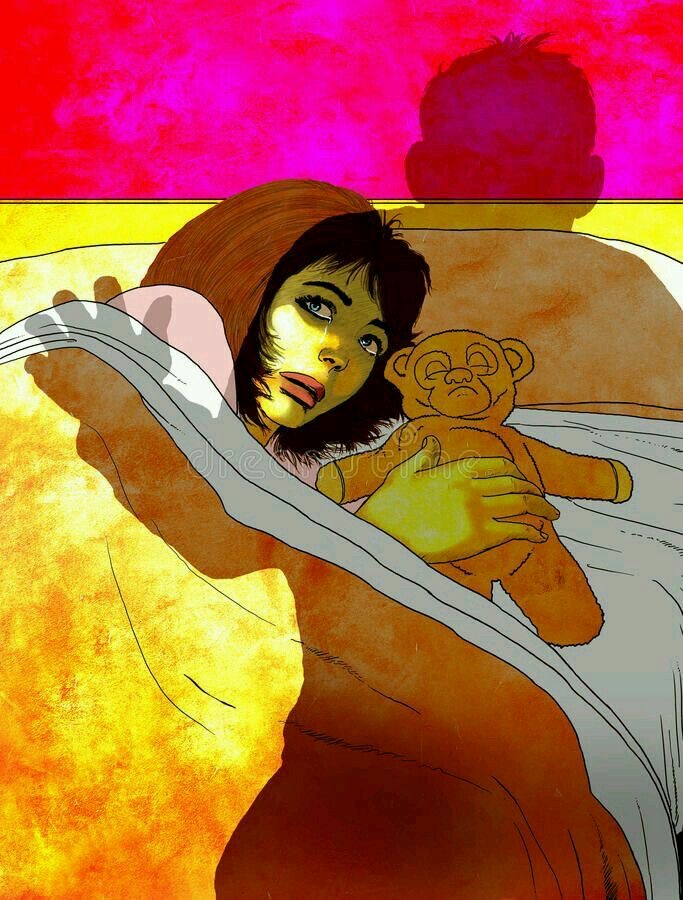What isTraumatic Infantilism?

Traumatic infantilism is a psychological state where a person, after enduring severe or prolonged trauma, unconsciously begins to behave like a child. It isn’t immaturity or attention-seeking behaviour, it’s the mind’s desperate attempt to survive what feels unbearable.
When trauma overwhelms the adult self, the mind instinctively searches for safety. Unable to find it in the present, it retreats to the only place it ever felt secure childhood.
If the person once had a loving or nurturing environment as a child, the psyche may attempt to recreate that comfort through childlike behaviors speaking softly, seeking reassurance, or depending emotionally on others.
This regression, however, can also lead to emotional dependency on the very person who caused the trauma. The survivor begins to see the abuser as a source of safety or protection believing, at some level, that they’ve been “spared” or “saved” by them. It’s a psychological illusion born from fear and survival, not choice.
Over time, this dependency creates a deep emotional bond a trauma bond that traps the survivor in cycles of attachment and helplessness. The mind learns that submission or childlike compliance ensures survival, and breaking free feels both terrifying and impossible.
Healing from traumatic infantilism requires patience, compassion, and trauma-informed care. Through therapy, inner child work, and self-compassion, survivors can begin to nurture the parts of themselves that froze in fear. Slowly, they learn to offer themselves the safety they once had to seek from others.
Trauma may have forced them to become a child again, but healing allows them to grow with awareness, autonomy, and the gentle strength of an adult who has survived and reclaimed their life.



Comments (0)